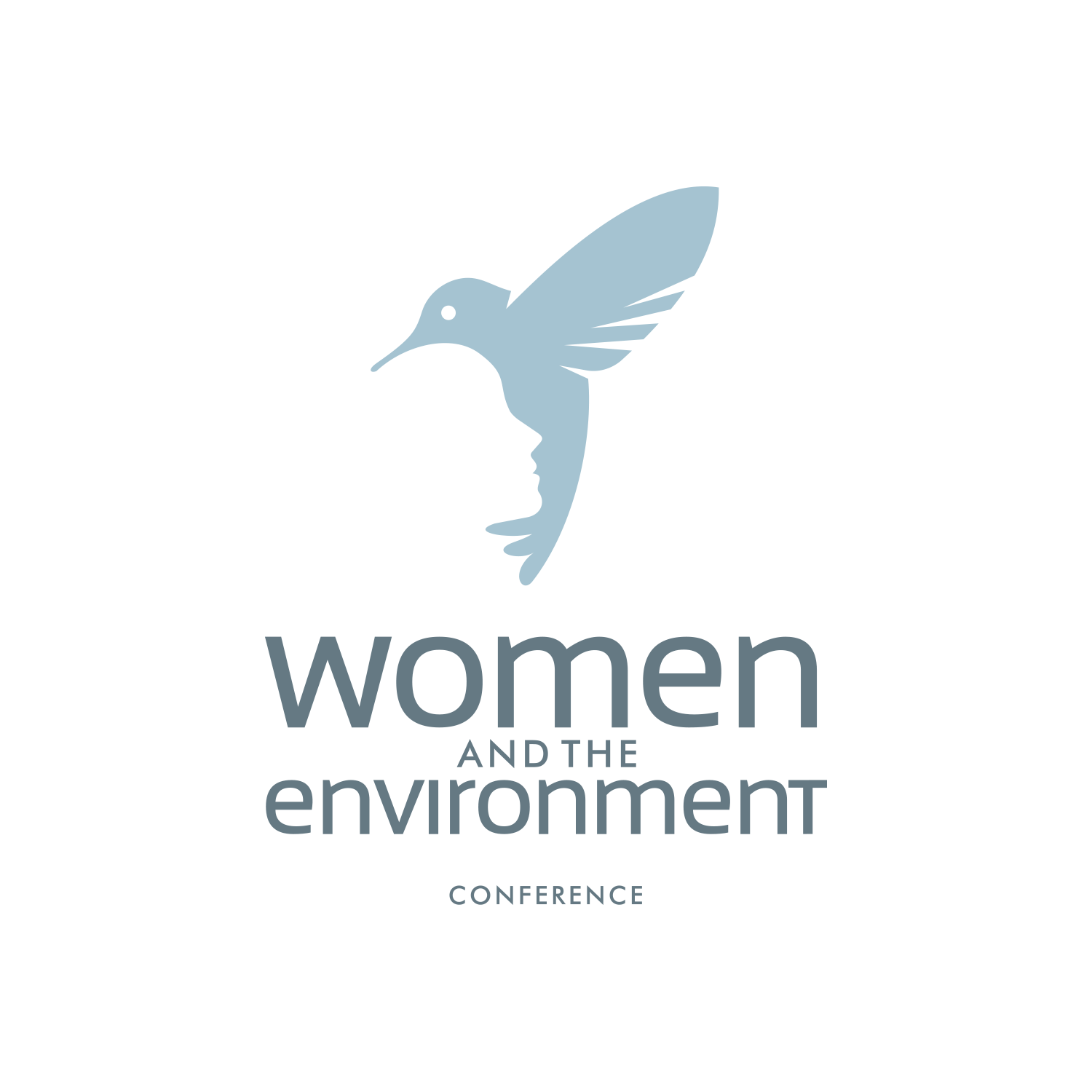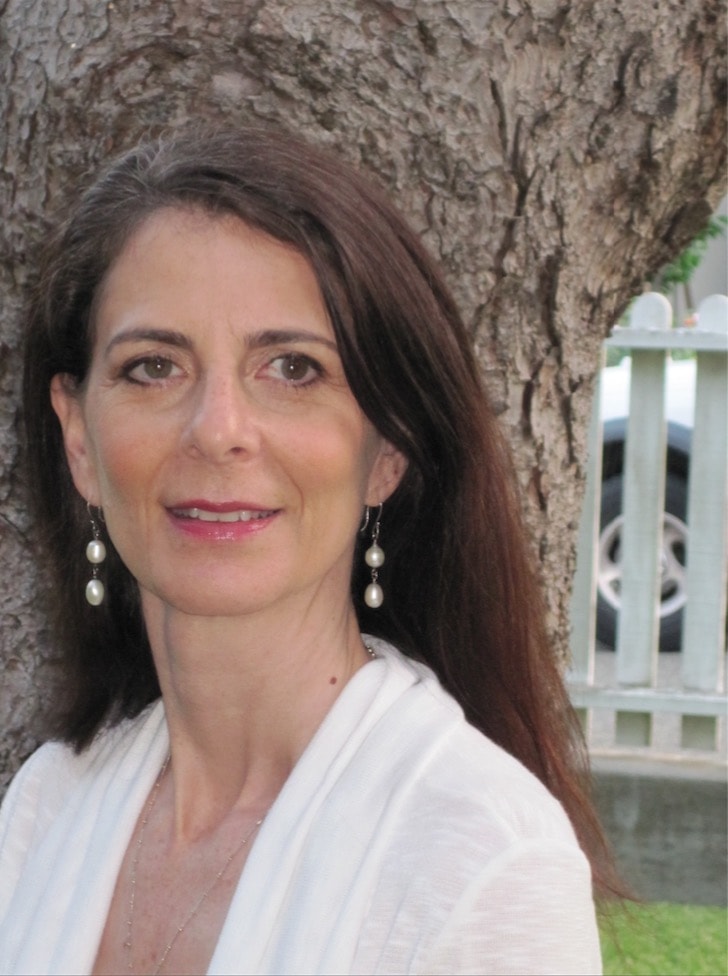
During Pacific Standard‘s “Women and the Environment” conference, the magazine’s writers are chatting with speakers and attendees about why they’re getting involved—and where we go from here. Below, a chat with Osprey Orielle Lake, founder and executive director of Women’s Earth & Climate Action Network, International (WECAN).

(Photo: Courtesy of Osprey Orielle Lake)
Can you explain to readers what WECAN does for women?
For me what’s really inspiring is that we’ve been bringing together women and the environment, always but especially since 2013, and we work with a lot of front-line women in this country to ensure that their voices are heard. We also are very engaged with women in different countries around their front-line challenges, and also their solutions. There’s a very systemic reason that women are the most negatively impacted by climate change and environmental degradation, but also a lot of times those front-line women have the most inspiring solutions. Coming here, it’s so exciting to see more and more communities interested in this nexus between the environment and women.
What unique solutions can women bring to the climate crisis?
In a nutshell: Sixty to 80 percent of all household food production in developing countries is done by women, so we’re talking about food security, food sovereignty—we’re talking women. There are all these different United Nations studies that demonstrate that, if you get women into the conversation over water conservation and water issues, they’re going be successful programs, and if you don’t, they don’t work because the women are doing the water-collecting, they have the water knowledge. In the global north, 80 percent of all consumer purchases in this country are done by women. If you really wanna get into big issues around consumerism and sustainability and tying our pocketbook to transitioning to a clean-energy economy, you’d better involve women. Whether we’re in developed countries or in the developing world, it’s important to understand that, when women are empowered through jobs and education, you will see that the health of children improves, economies improve, populations stabilize, all through the empowerment of women. These are all key foundations to having a healthy future. Women are absolutely essential to sustainability, and studies continue to show that, if you don’t involve them, then we really can’t get where we need to go.
Was there a role model or formative moment that inspired you to pursue this kind of work?
For me, it’s always been about the indigenous women, and my own love for nature. Women and men both have a connection to nature, but women have a very particular relationship to nature that is often not understood or has been really disqualified in our modern society, and I think that the voice of women and particularly indigenous women right now is critical across the board, both in terms of traditional logic knowledge that indigenous women are offering, but also that deep understanding about our relationships to our relatives, meaning the trees, the forests, the land, the ocean, the water, and the beautiful cry that came out of Standing Rock: “Mni Wiconi,” which means: “Water is life.” It’s really coming from indigenous women, and they’ve always been my inspiration.
This interview has been edited for length and clarity.



